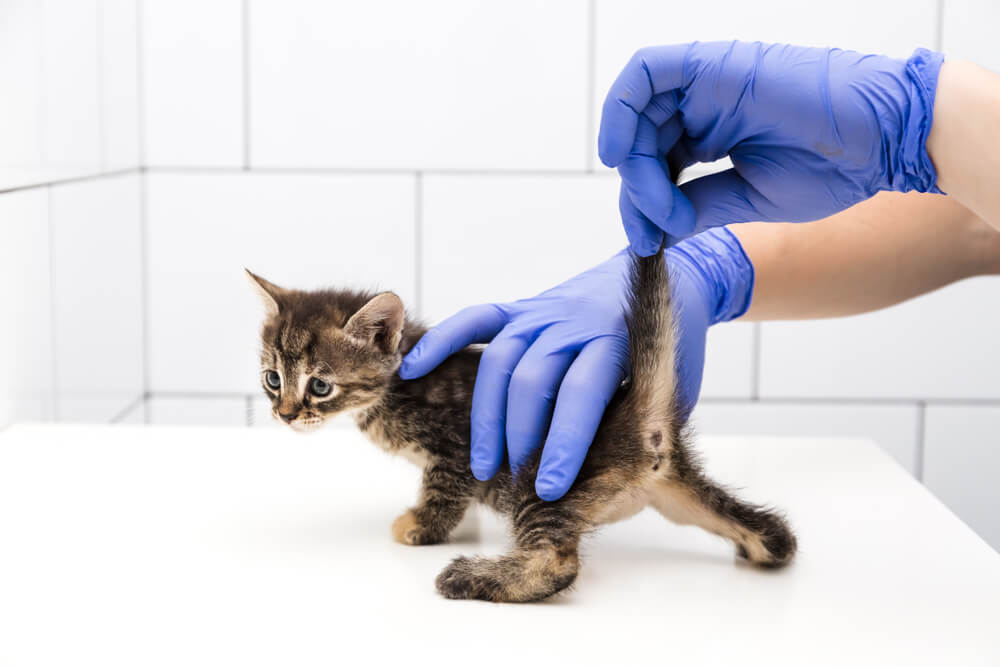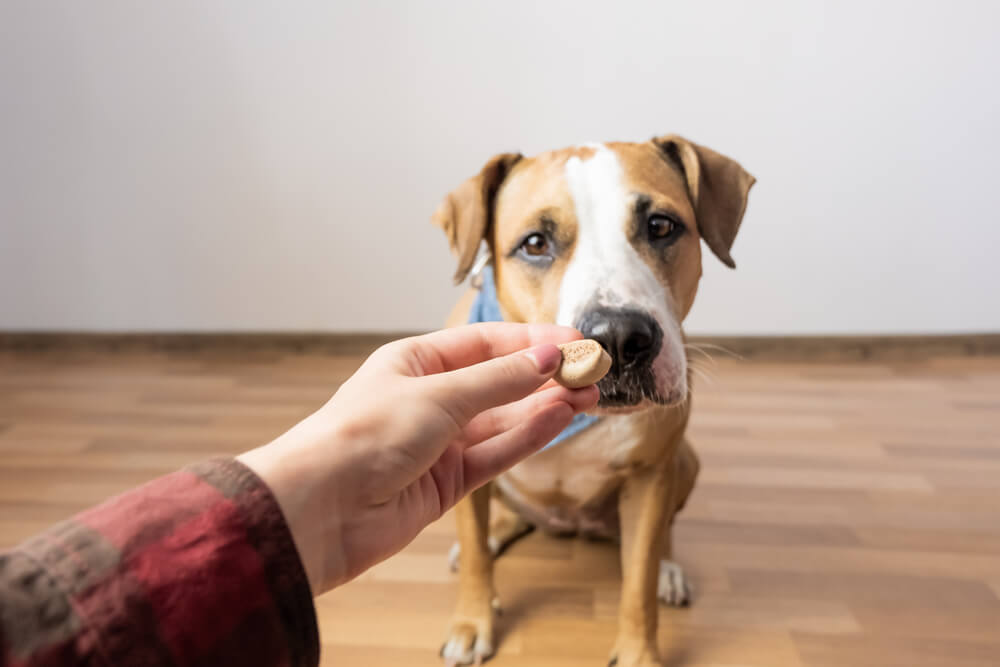
The thought of worms affecting your pet makes you shudder, but since many parasites infect dogs and cats, the topic is one you need information about, for your pet’s protection. The team at Towne Centre Animal Hospital wants to educate you on the intestinal parasites commonly seen in pets, and help you keep your pet from becoming a victim.
Some pets infected with parasites show no signs, while others become extremely ill. Dogs and cats can become infected at any age, but puppies and kittens are most likely to suffer severe signs. Common intestinal parasites that affect pets include roundworms, tapeworms, hookworms, whipworms, Giardia, and coccidia.
How do roundworms affect your pet?
Roundworms are spaghetti-like in appearance—sorry to ruin tonight’s pasta dinner!—and the most common intestinal parasites found in pets. Puppies and kittens can become infected while in utero, or from their mother’s milk, if she is infected. If your pet eats an infected small mammal, such as a mouse, they can also contract the parasites. Your pet will likely show signs, which include vomiting, diarrhea, weight loss, and, if the worms enter your pet’s lungs, coughing, only if they have a heavy infection.
How do tapeworms affect your pet?
Most tapeworm infections in dogs and cats occur when your pet swallows a flea while grooming. After your pet ingests the flea, the tapeworm larvae can grow into an adult tapeworm that attaches to the lining of your pet’s small intestine, absorbing nutrients. Pets do not usually become ill when infected by tapeworms. You may see white, grain-sized segments on your pet’s hindquarters, or in their feces, and your pet may scoot across the floor attempting to alleviate the irritation around their anus. In severe infections, your pet may lose weight.
How do hookworms affect your pet?
Hookworms infect your pet by contact and skin penetration. Ingesting hookworm larvae will also result in infection. These parasites attach to the lining of your pet’s intestine and feed on their blood, with signs that include diarrhea, weight loss, and anemia. Puppies and kittens are at especially high risk for serious blood loss.
How do whipworms affect your pet?
Your pet becomes infected with whipworms by ingesting the whipworm eggs found in the soil, or any substance contaminated with infected feces. The parasites attach to the lining of your pet’s large intestine. Your pet may not show infection signs, which include weight loss, bloody diarrhea, and anemia, unless they have a heavy worm load. If not treated promptly, the whipworms may result in death, especially in young pets, and those with a compromised immune system.
How does Giardia affect your pet?
Giardia is a single-celled parasite that lives in the intestines of mammals, birds, and amphibians. Your pet can acquire a Giardia infection when they drink contaminated water or ingest any substance contaminated with infected feces. Giardia’s presence in your pet’s intestine prevents nutrients, water, and electrolytes from being absorbed appropriately. Signs include diarrhea, weight loss, vomiting, and dehydration.
How does coccidia affect your pet?
Coccidia is a single-celled organism that lives in the wall of your pet’s intestines. Your pet becomes infected when they ingest any substance contaminated with infected feces. Watery, bloody, or mucoid diarrhea can indicate a coccidia infection. Other signs include lethargy, weight loss, decreased appetite, and vomiting.
How are intestinal parasites diagnosed in your pet?

Your pet has a parasitic infection if you see a tapeworm segment or a roundworm in their feces. Other common intestinal parasites are too small to see with the naked eye. Routine fecal checks should be performed to ensure your pet is not infected. Puppies and kittens should be tested at least twice during their first year, and adults should be tested yearly. Tapeworm eggs are not easily seen on routine fecal analysis, so if you see a tapeworm segment, notify our team at Towne Centre Animal Hospital.
How are intestinal parasites treated in your pet?
Intestinal parasites are treated with an appropriate deworming medication prescribed by a trained veterinary professional. Our team at Towne Centre Animal Hospital will be glad to determine a suitable deworming protocol for your pet.
How are intestinal parasites prevented in your pet?
Regularly remove all feces from your pet’s environment, and do not allow your pet to eat wild animals. Since most tapeworms are transmitted through fleas, place your pet on a year-round flea preventive. Puppies and kittens should receive an appropriate dewormer at 2, 4, 6, and 8 weeks of age. Most monthly heartworm prevention products also protect against many intestinal parasites. Monitor your pet for parasitic infections with a yearly fecal test. Humans are susceptible to tapeworm, roundworm, and hookworm infections, making prevention extremely important to protect your family from these parasites.
Intestinal parasites are not a pleasant topic, but their risk to your pet’s health makes knowing about them necessary. If you are concerned your pet may be affected by intestinal parasites, or if you would like to discuss preventive measures, contact our team at Towne Centre Animal Hospital.
